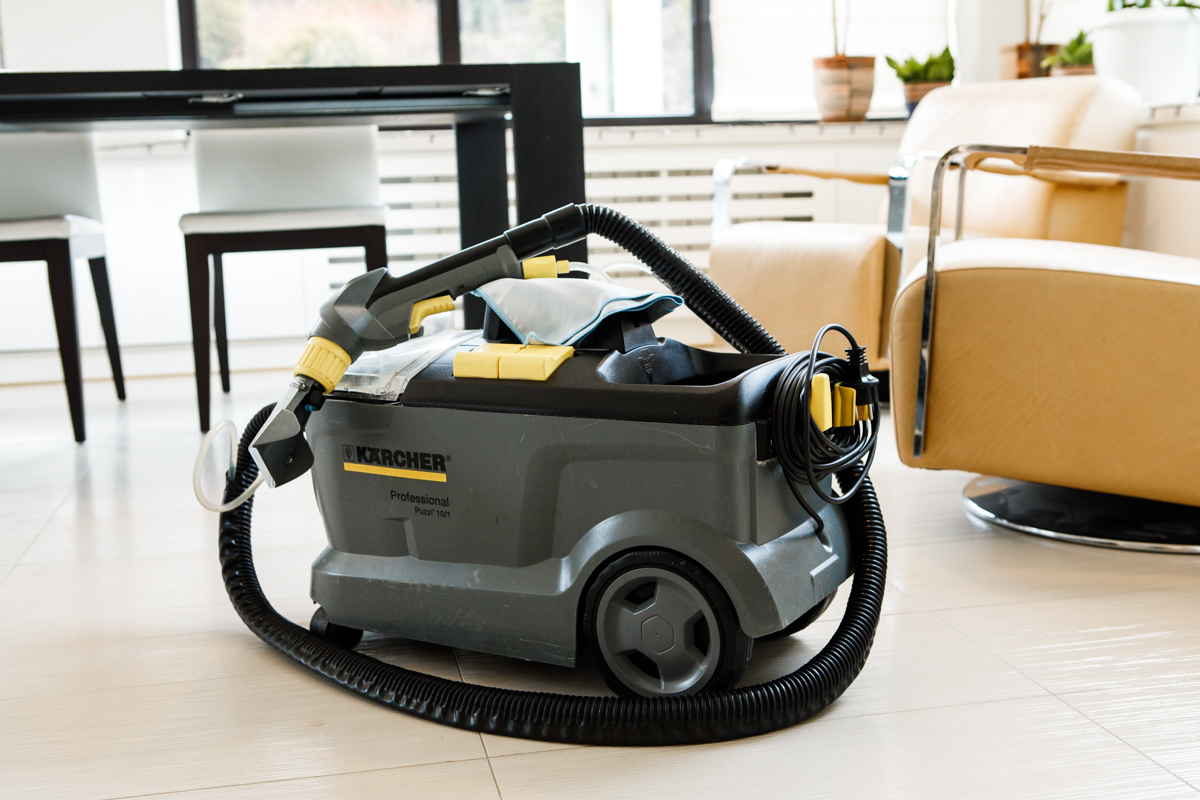Does a Colder Fridge Use More Electricity? Your Guide to Energy-Efficient Refrigeration in Prague
Have you ever wondered if setting your fridge to a colder temperature leads to higher electricity bills? This is a common concern for households in Prague and beyond, as energy costs continue to rise and sustainability becomes a priority. In this detailed guide, we will dissect the relationship between fridge temperature and electricity consumption, answer frequently asked questions, and provide actionable tips to keep your fridge efficient without compromising food safety. Let’s delve deeper into this crystal-clear question: Does a colder fridge use more electricity?

The Science Behind Fridge Temperature and Energy Consumption
Refrigerators are crucial for preserving food freshness, but the question of how temperature settings affect energy usage is a valid one. Understanding the science behind refrigerator operation helps clarify this relationship.
Modern refrigerators generally operate under the following principles:
- Thermodynamics: Refrigerators remove heat from the inside and release it outside. The colder the inside temperature, the more effort the compressor must exert to maintain that temperature.
- Efficiency Ratings: Energy-efficient models, often labeled with Energy Star ratings, consume less electricity than outdated models. Depending on the age and design of your unit, a colder setting can certainly demand more power.
Does a Colder Fridge Really Use More Electricity?
In essence, yes! A colder fridge does use more electricity, but the increase is often marginal and depends on various factors:
- Temperature Settings: Setting your fridge below 0°C (32°F), especially if it's consistently lower than the recommended 3°C (37°F) in the refrigerator compartment, significantly increases energy consumption.
- Compressor Workload: When set colder, the refrigerator's compressor runs longer—which translates into higher electricity usage. This stress on the appliance not only spikes energy costs but can also lead to premature wear.
To quantify, a refrigerator typically uses about 100 to 800 kWh per year. Increasing the fridge's temperature by just a few degrees can lower energy consumption by up to 10%.
Key Questions Answered
1. What is the Optimal Temperature for My Fridge?
The ideal refrigerator temperature is around 3°C to 5°C (37°F to 41°F). This range keeps perishable items safe while minimizing energy consumption.
2. How Much Can I Save by Adjusting My Fridge Temperature?
Shifting your fridge temperature up just a couple of degrees can save between 50 to 100 CZK per month on your electricity bills, particularly in energy-conscious cities like Prague, where energy prices can be steep.
3. Are Older Fridges More Affected by Temperature Adjustments?
Absolutely! Older models tend to be less energy-efficient. For those still using older fridge units, switching to even a moderately cold setting can yield substantial savings.
4. Does Opening the Fridge Door Affect Energy Consumption?
Opening the fridge door allows warm air in, causing the compressor to work harder to cool the interior back down. Limiting door openings can significantly save on energy costs, especially when your fridge is set to colder temperatures.
Practical Tips for Energy Efficiency
To ensure that your refrigerator remains an asset rather than a liability, consider implementing the following strategies:
- Routine Maintenance: Regular cleaning, including dusting off coils and ensuring seals around doors are in good condition, can prevent energy wastes.
- Space Management: Avoid crowding your fridge; airflow is crucial for efficient operation. Allow space around items, which enables cold air to circulate freely.
- Location Matters: Place your refrigerator away from heat sources like ovens and direct sunshine. This can drastically reduce the workload on your fridge and save on energy.
- Upgrade When Possible: If your fridge is older than 10 years, consider investing in a new Energy Star-rated model that guarantees better efficiency and ultimately saves you more money in the long run.
The Role of CleanWhale.cz in Energy Efficiency
In a city like Prague, where eco-consciousness is becoming increasingly important, services like CleanWhale.cz provide valuable resources for maintaining and even upgrading appliances to run more efficiently. Their professional cleaning and maintenance options ensure your fridge operates at peak performance and saves you unnecessary costs.
Conclusion: Think Before You Set
In conclusion, a colder fridge can indeed consume more electricity, impacting both your wallet and your carbon footprint. However, by understanding optimal temperature settings, implementing smart practices, and embracing innovative services like CleanWhale.cz, you can ensure that your refrigerator remains both efficient and effective. Take action now—reevaluate your fridge temperature settings, adopt energy-saving habits, and contribute to both your financial savings and environmental sustainability in this beautiful city of Prague.
Remember, knowledge is power; be proactive, and you’ll find that striking a balance between food safety and energy efficiency is not only achievable but also rewarding. Keep your fridge running smoothly, and enjoy fresher food while saving on those ever-growing energy bills.















